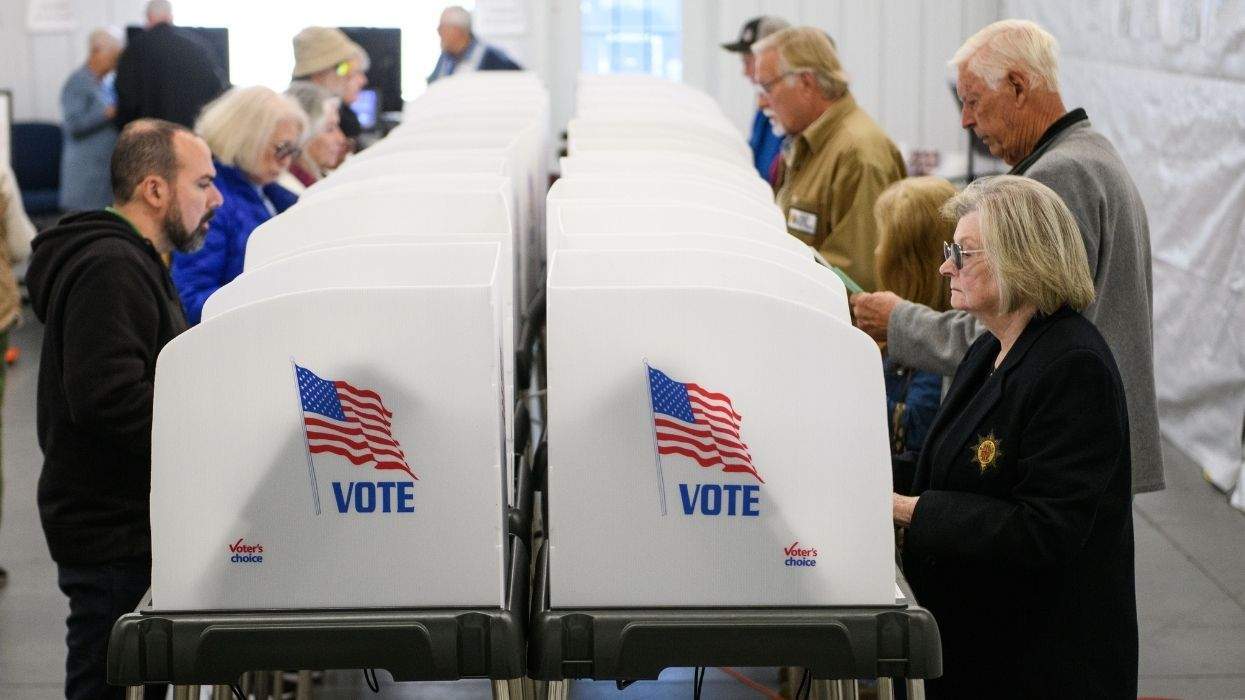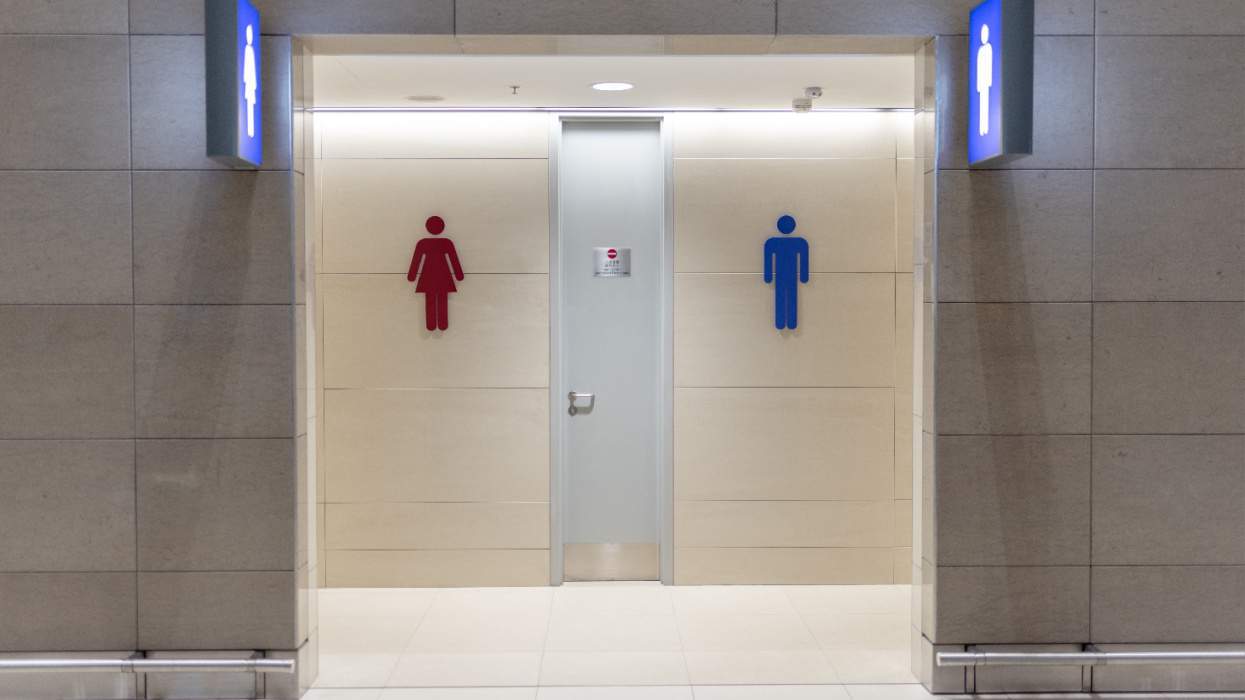The Utah supreme court said Friday that it would not decide whether a lesbian Spanish Fork High School teacher is morally fit to teach. Instead, that decision should be left to local and state education officials. The ruling was a victory for Wendy Weaver, a lesbian teacher who came under attack from parents and students at the conservative high school in a heavily Mormon part of Utah. Teachers are required by Utah law to be moral models for their students. The lawsuit alleged that Weaver couldn't be a good role model because her lifestyle conflicted with state laws prohibiting sodomy. Weaver, who now goes by her unmarried name, Wendy Chandler, said the court's ruling is a relief. "What they were going after was not really within their right as citizens to do," Weaver said. "I also believe that they're scared to have their kids see someone who is gay but who functions and is happy and the like. That doesn't go with their perception that gay people are evil or unhealthy." Weaver, a 1979 Brigham Young University graduate, continues to teach at Spanish Fork High School because her ex-husband, children, and partner's children live nearby. Utah's American Civil Liberties Union represented Weaver during oral arguments. "The parents and students said, 'We're going to get rid of you, and we're going to ignore the school board,"' said Dani Eyer, executive director of Utah's ACLU. "You have to go through the process. Nobody had a problem with Wendy professionally. The courts aren't the proper place to decide these cultural wars." Parents and students tried to remove Weaver from her teaching position by complaining to the local school board, but the Nebo School District did not fire Weaver--an award-winning 20-year psychology teacher. They pursued the case in the state's fourth district court, but Judge Ray Harding Jr. dismissed the lawsuit in 1999. Those seeking to oust Weaver then sought a declaration from the state supreme court saying she was unfit to teach. The declaration would have forced the school board to dismiss Weaver, attorney Matthew Hilton argued to the court in October. However, the court declined. State law about disciplining teachers "does not grant a private right of action to students and parents of students to enforce statutory and regulatory requirements for public school employees," the court said. "The students, former students, and parents of students before us on appeal lack a legally protectable interest in this controversy." Disciplinary action and complaints must be handled by the Professional Practices Advisory Commission, the disciplinary arm of the state board of education, the court ruled. Any complaints against teachers "must be taken before the only bodies authorized to act in this regard: the local school district, the commission, or the State Board of Education," the court said. ACLU cooperating attorney Stephen Clark argued for Weaver before the court, and he praised her courage and longevity in the face of years of complaints. Hilton was disappointed with the ruling, but he is seeking clarification from the State Office of Education about the requirement that teachers be good role models. The parents' complaint had been on hold pending the state supreme court ruling. "At least we're entitled to have the state office to tell us if we're right or wrong," Hilton said. "I'm disappointed we weren't able to get to the merits of the statutes that were at issue, but I respect what the court has done." Carol Lear, attorney for the Utah Board of Education, said that the commission likely would take up Hilton's new request at its regular monthly meeting on April 24. "I told him [four] years ago that the information he presented me then wasn't adequate to go forward with a commission investigation," Lear said. She said the commission could start an investigation that could take at least two months. After that, the commission could consider its investigator's recommendations. Weaver would be involved with any such actions, which would be confidential, Lear said. Clark said pursuing the case against Weaver would be fruitless. "All the plaintiffs will end up doing will be wasting more time and taxpayers' money on a moral crusade," Clark said. "If they choose to do that, it's their right, but it's not really going to get them anywhere." Weaver disclosed her sexual orientation when asked by curious students in 1997. Shortly thereafter, the high school barred her from talking about her sexuality in or out of the classroom. Weaver later won a federal civil rights lawsuit against the Nebo School District for that requirement.
Search
AI Powered
Human content,
AI powered search.
Latest Stories
Stay up to date with the latest in LGBTQ+ news with The Advocate’s email newsletter, in your inbox five days a week.
@ 2026 Equal Entertainment LLC.
All rights reserved
All rights reserved
By continuing to use our site, you agree to our Privacy Policy and Terms of Use.
The Latest
Support Independent Journalism
LGBTQ+ stories deserve to betold.
Your membership powers The Advocate's original reporting—stories that inform, protect, and celebrate our community.
Become a Member
FOR AS LITTLE AS $5. CANCEL ANYTIME.
More For You
Most Popular
@ 2026 Equal Entertainment LLC. All Rights reserved














